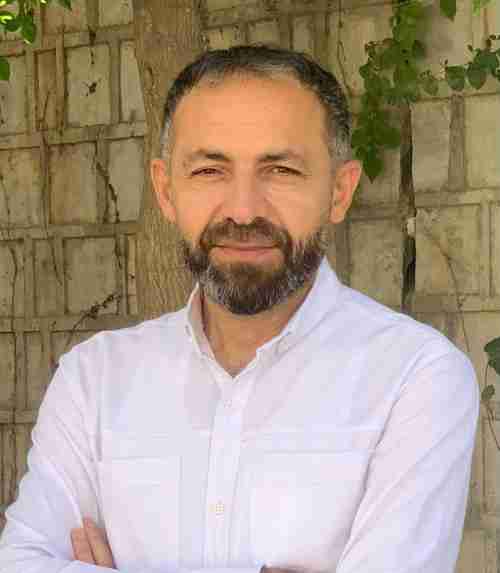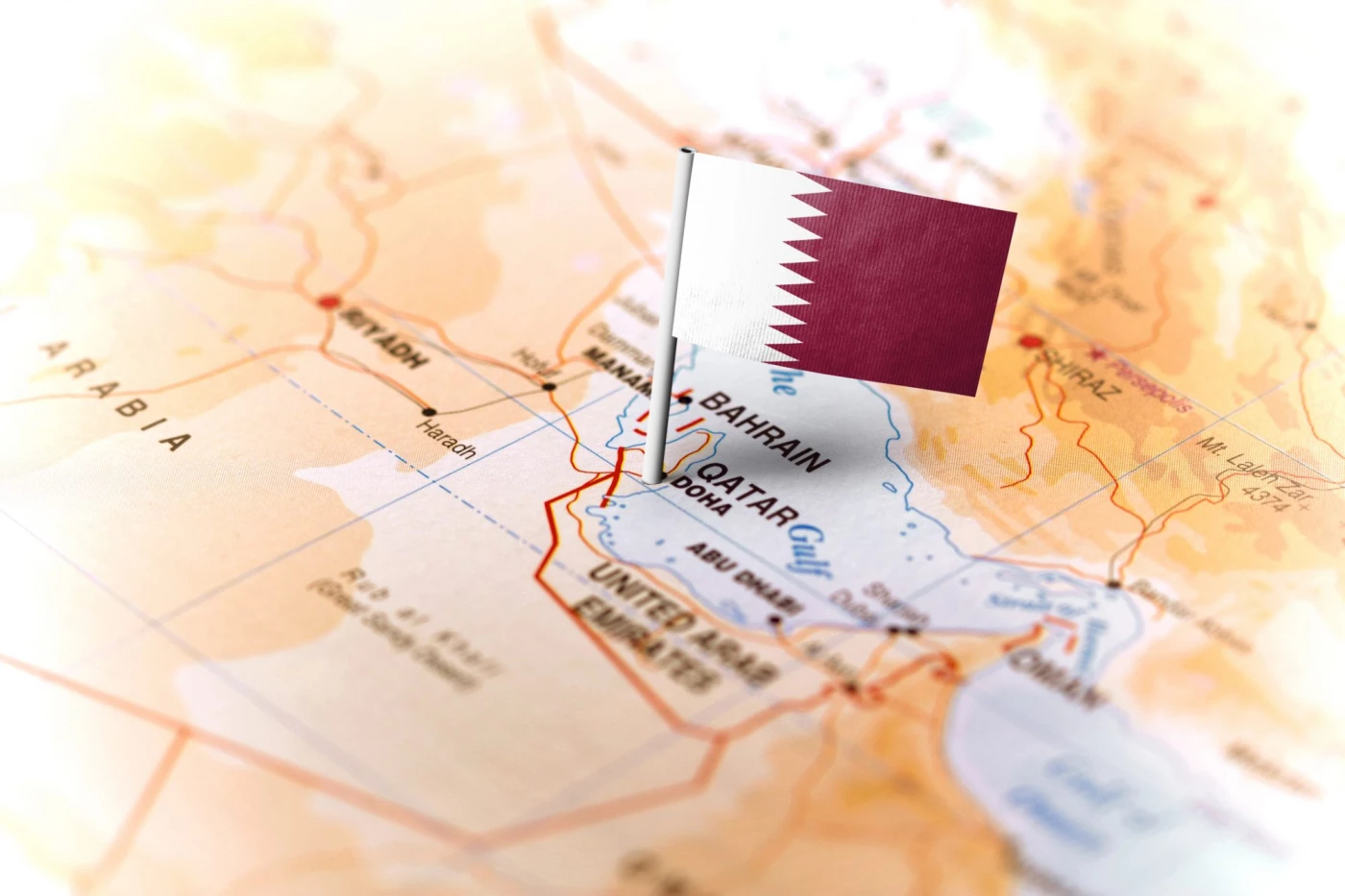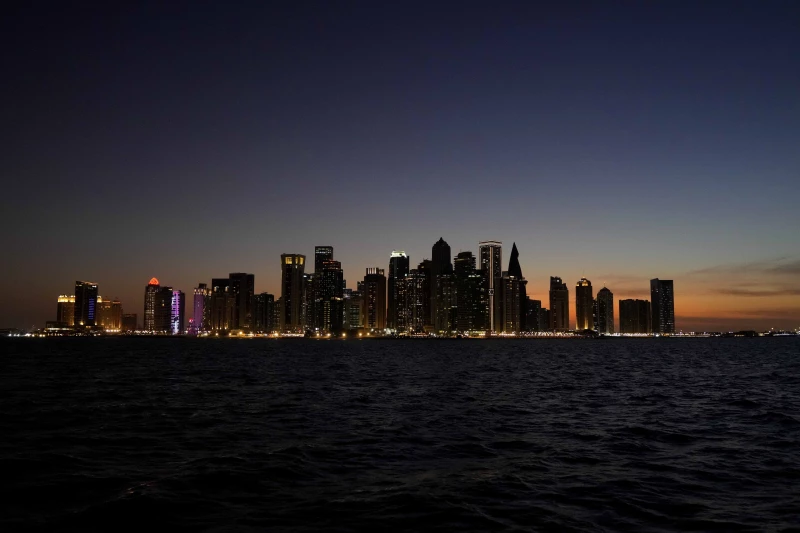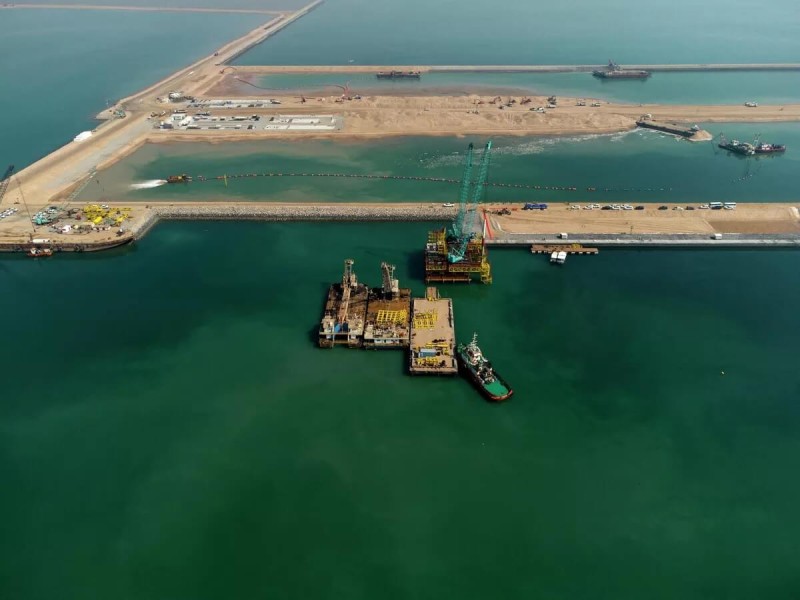Qatar does not only play just a transit or a non-political charity role in the Israel and Palestine equation, like many other countries, it has its own role and views on the conflict.
The presence of Hamas leaders in Qatar is not just a humanitarian approach, but rather a strategic political investment may be behind their generous hospitality.
Qatar was the first country to normalize ties with Israel in 1997, however in 2008 due to the Gaza war, they cut ties with Tel Aviv. Unlike many other countries, Qatar established a politburo office for Hamas within its borders. It is also among the countries that believes in a two state solution.
In an interview with Fox News, the Qatari Prime Minister said that the opening of the Hamas politburo office was in a bid to encourage dialogue and negotiations between Hamas, US, and Israel.
Qatar has a realistic view of the Palestinian cause through soft power and wants to strengthen the cause in the eyes of the international community through media and diplomacy.
The safe stay of Ismail Haniyeh and several other Hamas members in Qatar for years was a clear indication that Doha has been able to protect these figures. On top of that, Qatar provided annual funding to the Gaza strip and if not for the continuous wars and struggle, the Gaza strip could have developed greatly through Qatari investment.
Hamas over the past few months released several hostages in return for the release of its members by Israel.
Qatar’s hospitality is also among the main reasons that Hamas has not fallen fully under Iran’s influence and still maintains some stature among Sunni Arab countries.
Unlike Iran, Qatar has a very pragmatic approach to the Palestinian cause and does not want to engage directly against Israel and in turn cause more instability and misery for the already suffering people in Gaza.
It is clear that Qatar’s policy is opposite to Iran’s, but why the policy of Hamas on the ground does not reflect that of Doha, specifically following the events of October 7, shows that the majority within the movement is with military confrontation.
Possibilities after Haniyeh’s assassination
We saw several events over the past few weeks that each could reflect differently on our understanding of the situation.
Ismail Haniyeh, who had been protected inside Qatari territory for years, was assassinated during a visit to Tehran.
His body was then brought back to Qatar and his funeral ceremony was conducted at a mosque named Mohammed bin Abdulwahab, the founder of Salafism, exact opposites of Hamas ideology. The symbolism makes us question if Hamas will return to the Qatari approach or will stray further towards Iran, the same Iran that could not protect him.
These two options will cause intense discussion in the lines of Hamas, and the death of Haniyeh will definitely have negative reflections on their relationship with Iran.
It all comes down to who replaces Haniyeh, whether peace will prevail or anger and violence. One thing is certain though, Qatar will play a large role and will increase its influence both within Hamas and on the international scale.



 Facebook
Facebook
 LinkedIn
LinkedIn
 Telegram
Telegram
 X
X

